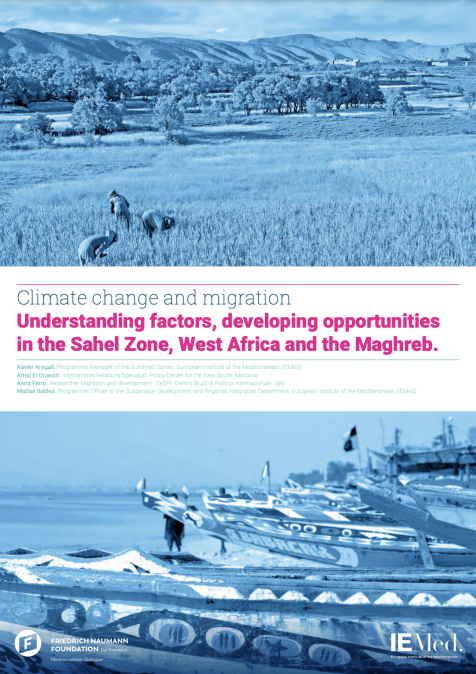Publications /
Policy Brief
Le Président américain élu, Joe Biden, a fait du climat une priorité de sa campagne électorale. Prenant le contrepied de son prédécesseur, il a notamment annoncé le retour dans l’Accord de Paris, un vaste programme d’infrastructures en faveur des énergies renouvelables et de la transition climatique ainsi qu’un objectif national de Zéro émission pour 2050 (2035 pour la production d’électricité).
Avec son élection, la donne change dans le débat climatique. Certes, aucun autre pays n’avait suivi les Etats-Unis dans leur retrait de l’Accord de Paris. Mais, ils sont le deuxième émetteur mondial de CO2 (après la Chine) et conservent un rôle économique et politique crucial.
La posture de Donald Trump avait altéré l’élan de l’Accord de Paris signé en 2015, juste avant son élection. Jusqu’où ira la relance des efforts américains en faveur du climat ? Peut-on parier sur la réalisation effective du programme de Joe Biden ?
Les obstacles à sa réalisation ne manquent pas. Le président ne dispose pas de majorité qualifiée au Congrès (60%) et il n’est pas sûr d’avoir une majorité simple au Sénat. Il devra compter avec le lobby des énergies fossiles et les habitudes consuméristes de la population. En outre, le coût des mesures proposées est un défi en soi, comme pour tout programme ambitieux. La réalisation de ce programme dépendra, en grande partie, des soutiens dont il bénéficiera au sein de la société et de l’électorat, ainsi que de la cohérence stratégique du plan lui-même.












